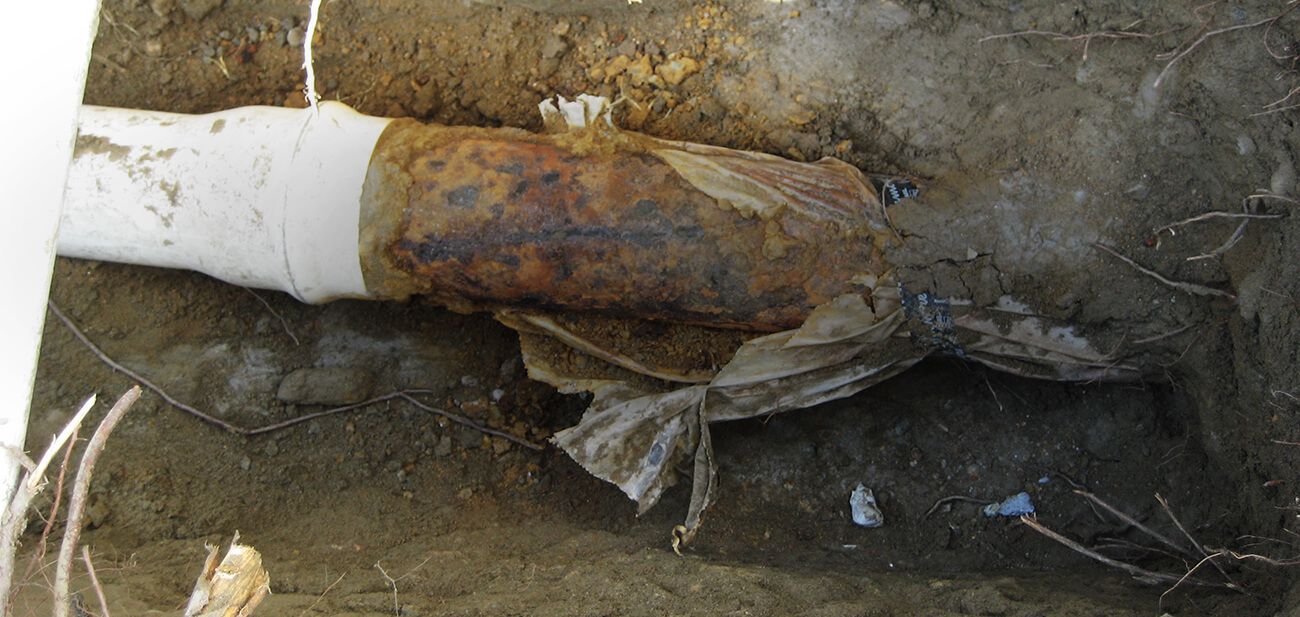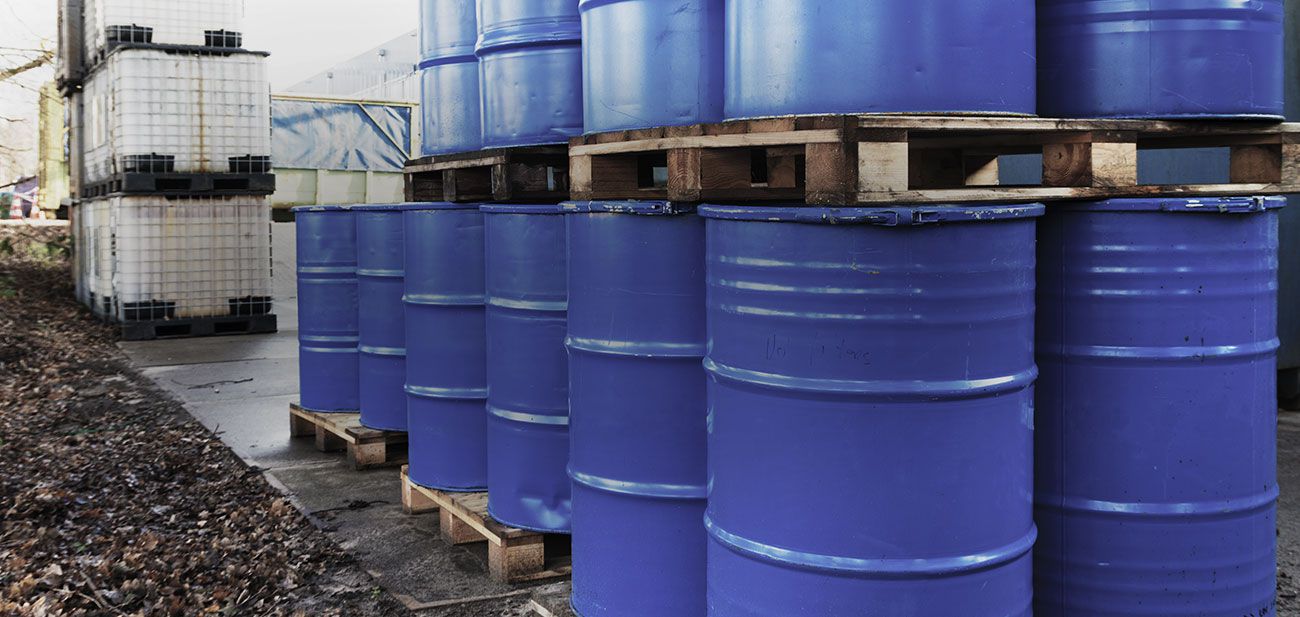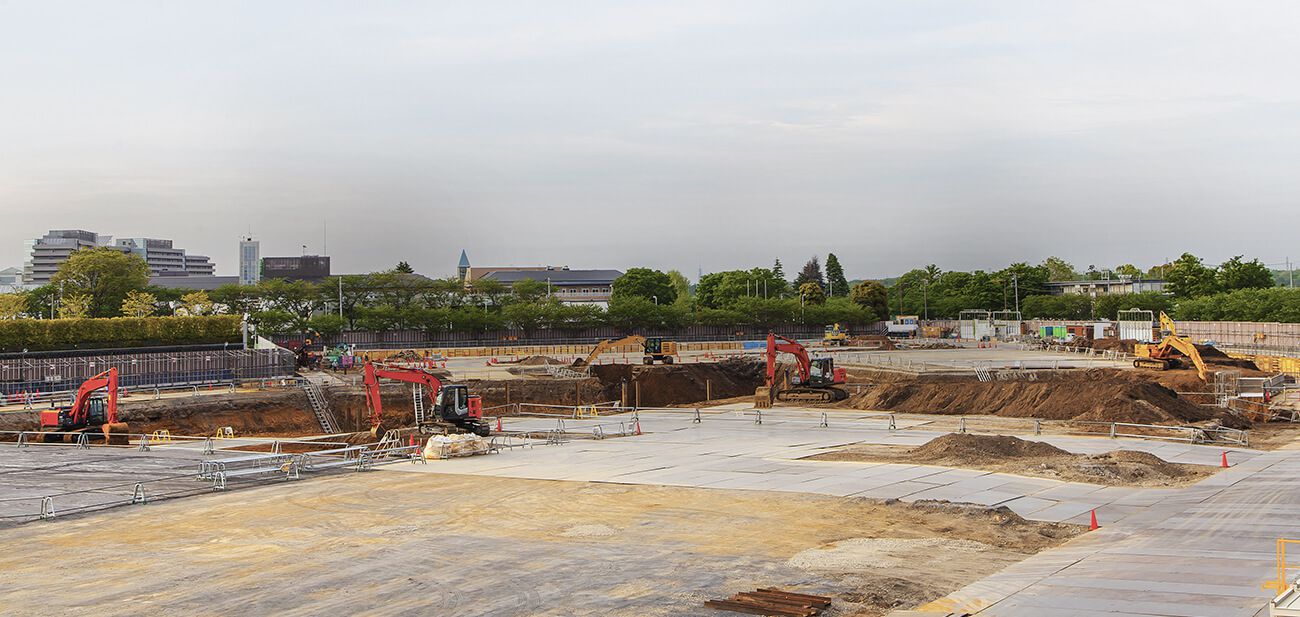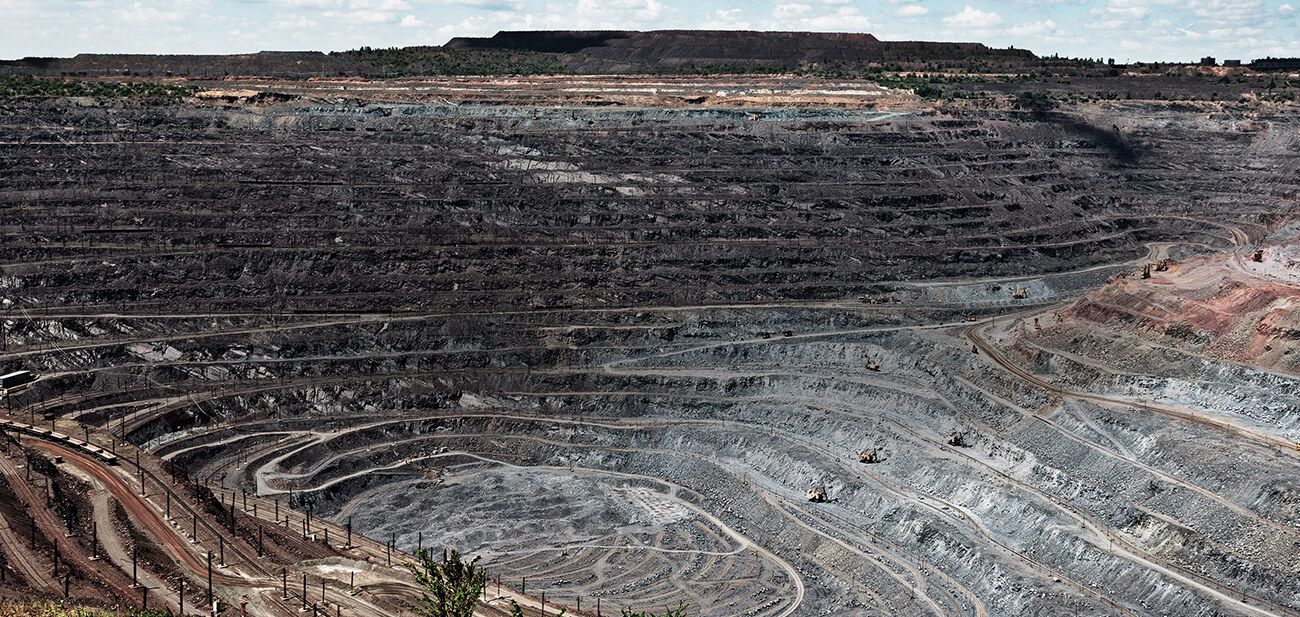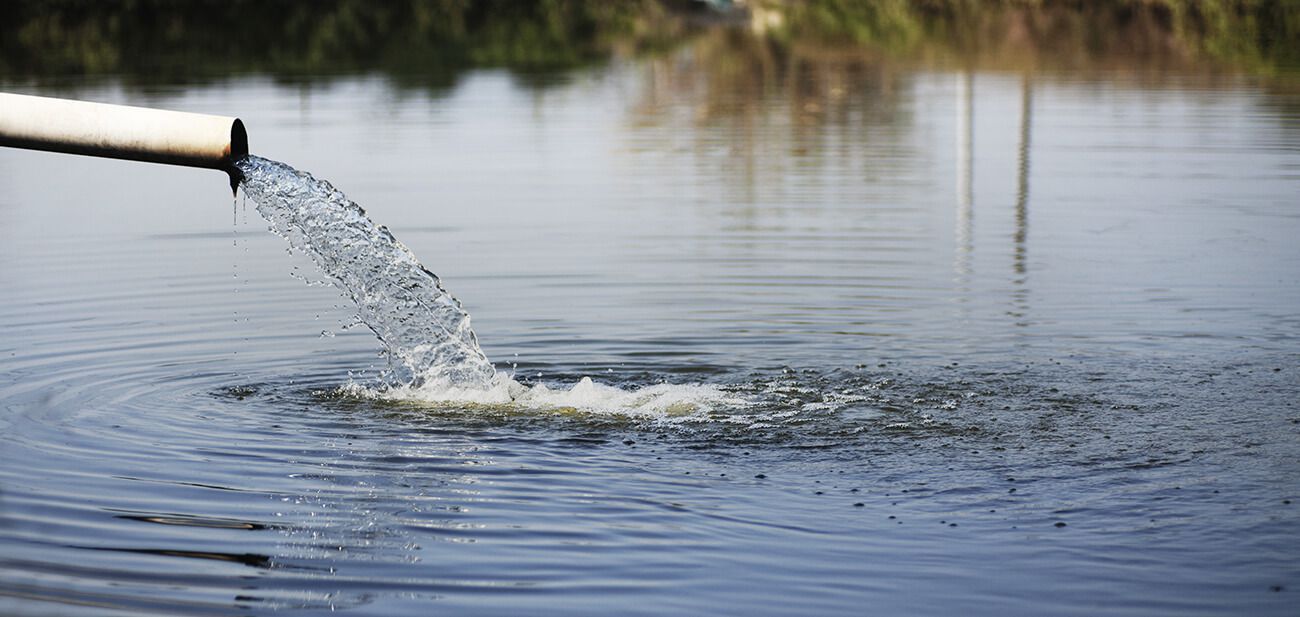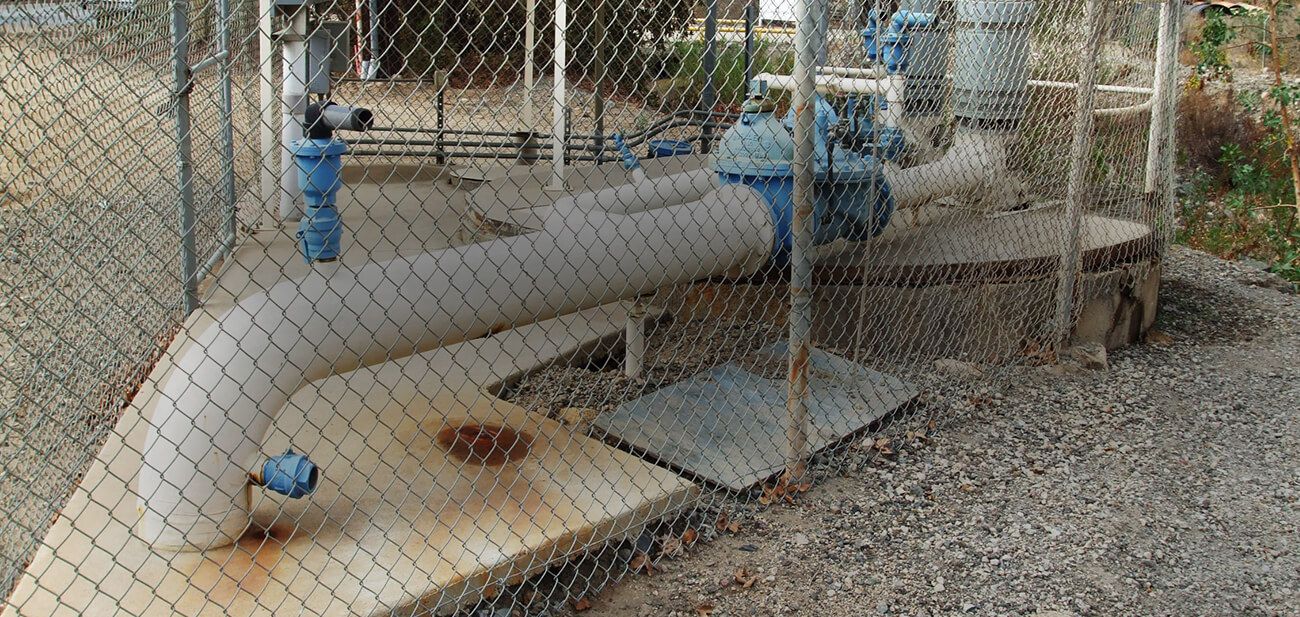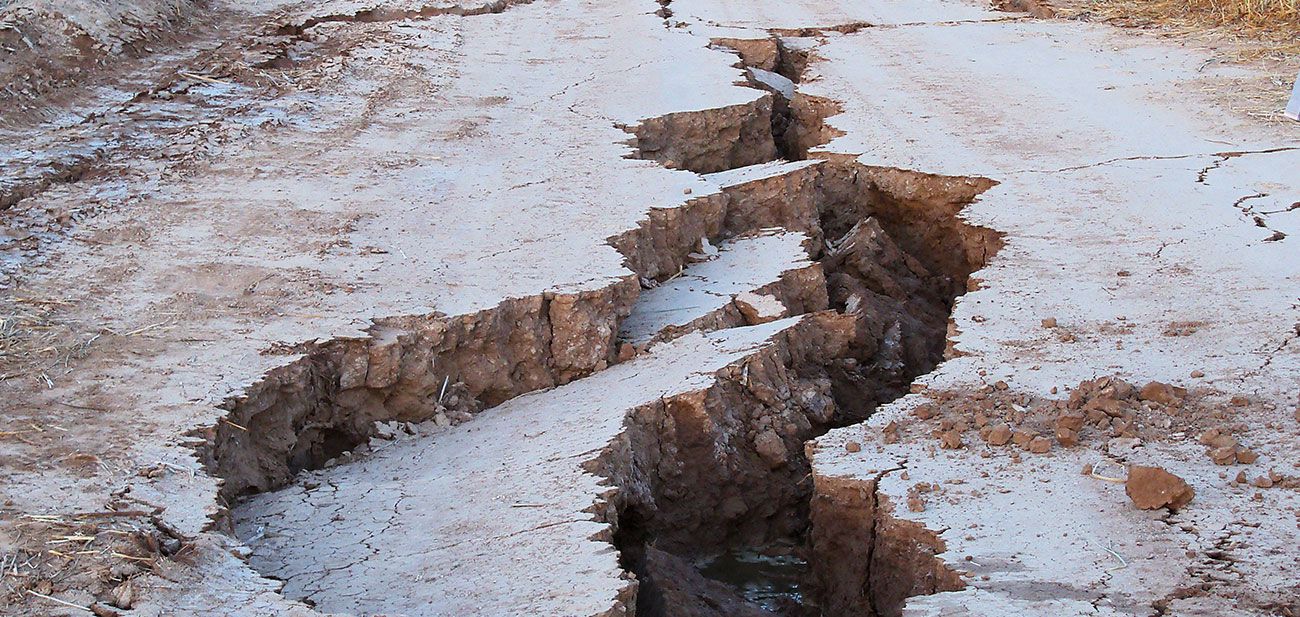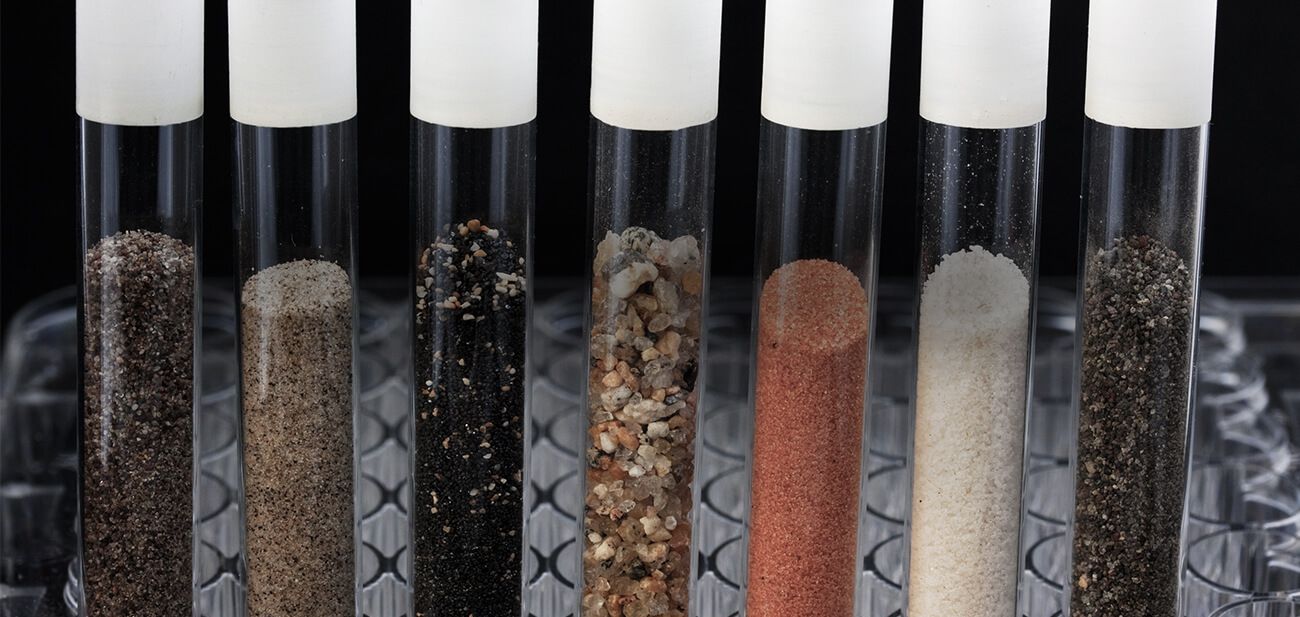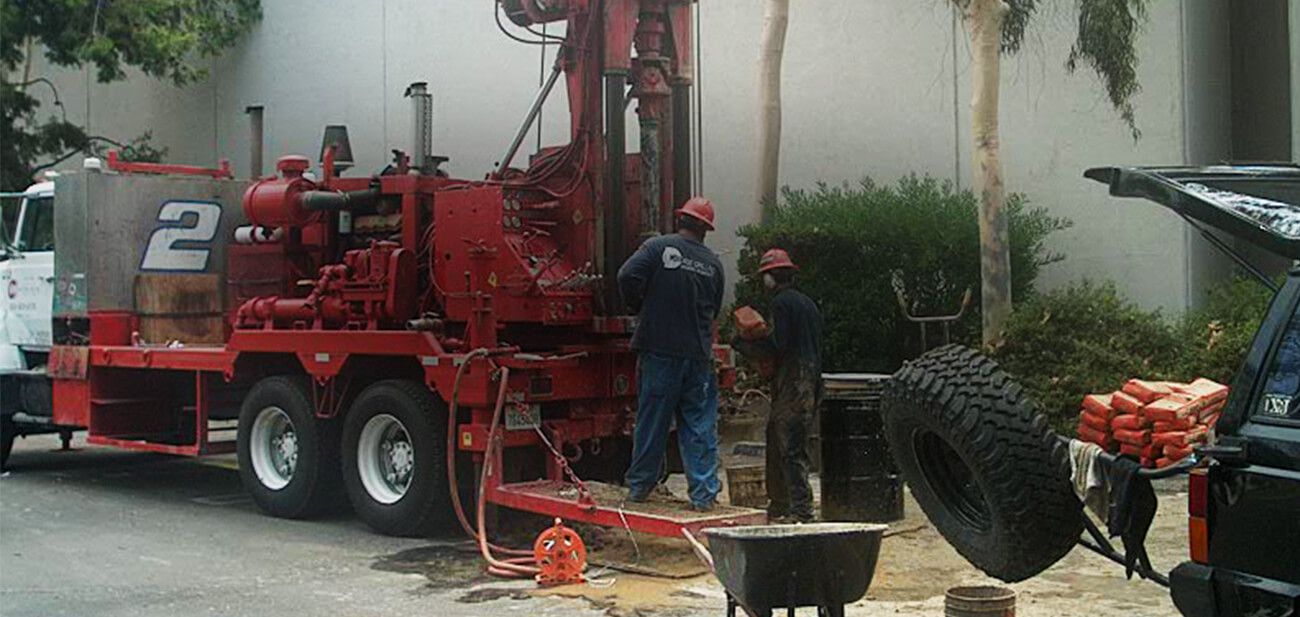Pipeline Corrosion assessments and Chemical analysis of soil and rock performed by experts
Geochemistry and its relative, hydrogeochemistry, encompass the study of the chemical makeup and behavior of subsurface soils and rocks, and of water (respectively). This includes materials that make contact with or are embedded within those soils and rocks and related materials from stoichiometric and thermodynamic standpoints.
Essentially, it is the study of the chemical reactions and processes that occur in the ground/water. This includes both the materials themselves and manmade features that rest on, make contact with, or are embedded within the ground/water such as pipelines, foundations, metallic substances, concrete, and things that are subject to attack by the chemistry of the soils/water.
Part of our understanding comes from an in-depth knowledge of the nature of the materials and their occurrence. Another part of our understanding comes from long term practical experience. Our experts at G3SoilWorks oftentimes can estimate what type of chemistry can be anticipated just by the type of soil and what its parent materials were. Our services include both an evaluation from a preliminary design standpoint and from a forensic standpoint after the fact.

